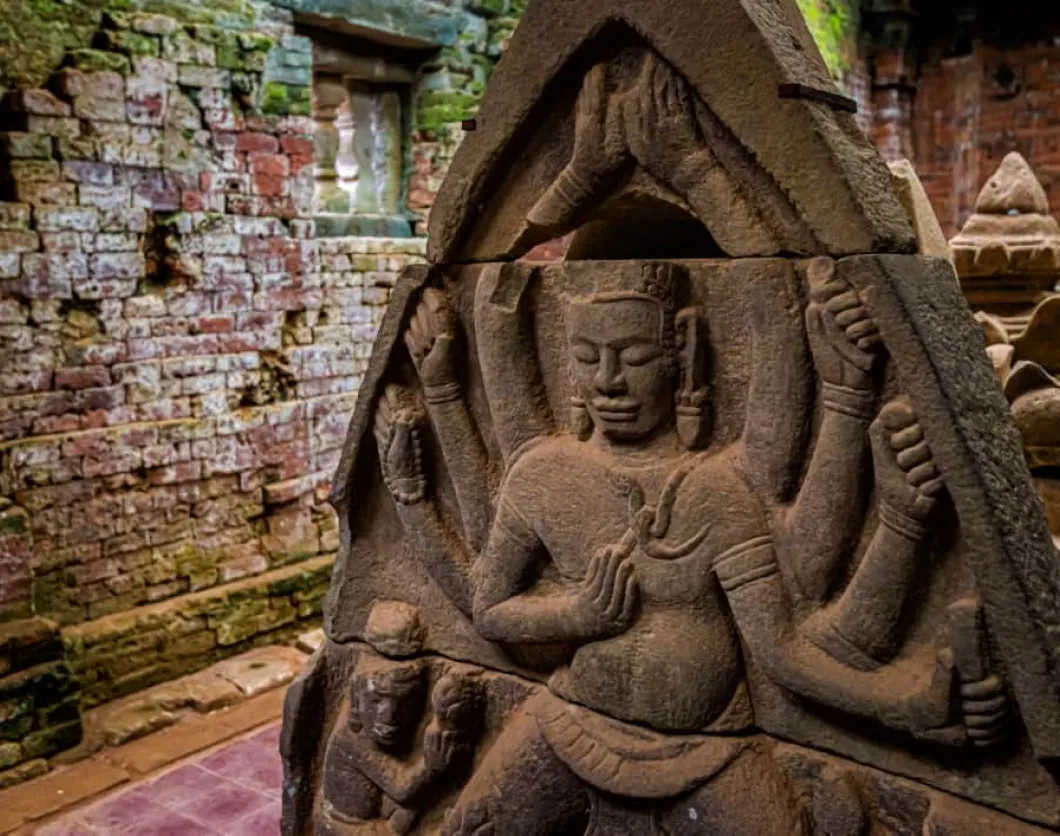
Vietnam has significant assets to become a "paradise" for senior citizens worldwide, a market of potential customers that should allow a breakthrough in the country's tourism industry.
With beautiful natural landscapes, rich and diverse cuisine, and an ancestral and unique culture, Vietnam is an ideal destination for retired tourists.
Based on an analysis of the numbeo.com database's cost-of-living index in cities and countries worldwide, Vietnam is among the top countries where it is good to live and where costs are affordable for retired travelers.
The data reveals that Vietnam's total cost of living is approximately 59.3% lower than in the United States, and rent is about 78.5% cheaper, depending on the location. The cost of living in Ho Chi Minh City, home to the largest expat community, is about 69.9% lower than in New York. Housing costs are about 87.4% lower. Earlier, experts recommended the city of Nha Trang in the central province of Khanh Hoa as one of the world's eight best resorts for retirees. These figures underscore the financial advantages of retiring in Vietnam.
In February 2023, the prestigious "Internet Investing" website honored the two cities of Hoi An in Quang Nam province and Da Nang as the top nine ideal retirement destinations. These results proved once again that Vietnam is a destination for retirees worldwide.
In addition to increasingly modernized infrastructure, the emergence of high-quality health services in many major provincial and city hospitals and the increase in medical staff who can communicate well in English also help prove Vietnam's service capacity for this segment of tourists.
However, despite its great potential, the senior tourism market remains an untapped potential in Vietnam. The country still needs to implement a specific policy to create a strong attraction for this group.
At the same time, some countries in the region have been trying to take advantage of the international pension market for many years. Thailand is a typical example with its "retirement visa" policy explicitly aimed at foreign retirees. Indonesia, Malaysia, and the Philippines have also launched similar visa programs with many attractive benefits to make their countries a "second homeland" where retirees can travel and live.

Experts predict that Vietnam is poised to increase its market share in retiree tourism significantly, a high-paying segment expected to create numerous job opportunities. This potential for job creation is a promising aspect of Vietnam's senior tourism market.
Experts from the Tourism Development Research Institute suggested that Vietnam's tourism industry should recognize the domestic and international retiree markets, as there is still plenty of room for its development.
A survey released by Vietnam's National Tourism Authority before the outbreak of the COVID-19 pandemic in 2019 showed that the number of elderly visitors accounted for only a tiny proportion of the domestic visitor structure, with visitors aged 55-65 accounting for 4.53% of the total, and those over 65 years old accounting for 1.44%. At the same time, older people in Vietnam (from 60 years old) represent 12.8% of the country's total population.
Also, foreign retirees are increasingly interested in medical tourism in Vietnam, and travel agencies should coordinate closely with the health sector to design attractive, unique, and competitive tourism products. These could include wellness retreats, cultural tours focusing on health and longevity, or even retirement planning seminars, all tailored to attract more retirees to Vietnam.
Experts believe that due to retirees' unique needs, more effort is needed to design circuits adapted to them, particularly regarding meals and health care. This emphasis on tailored services demonstrates the industry's commitment to meeting retirees' specific needs and making them feel considered and valued.









